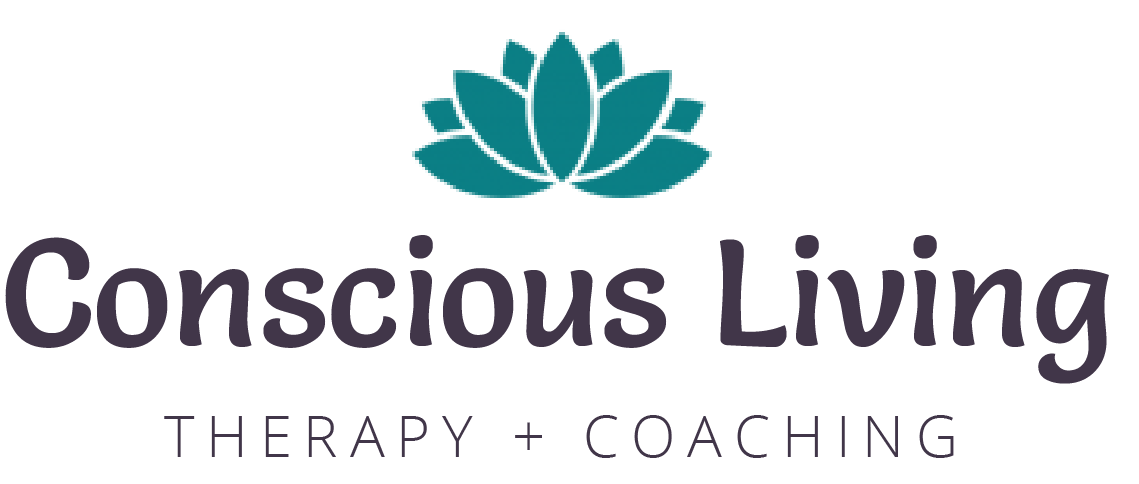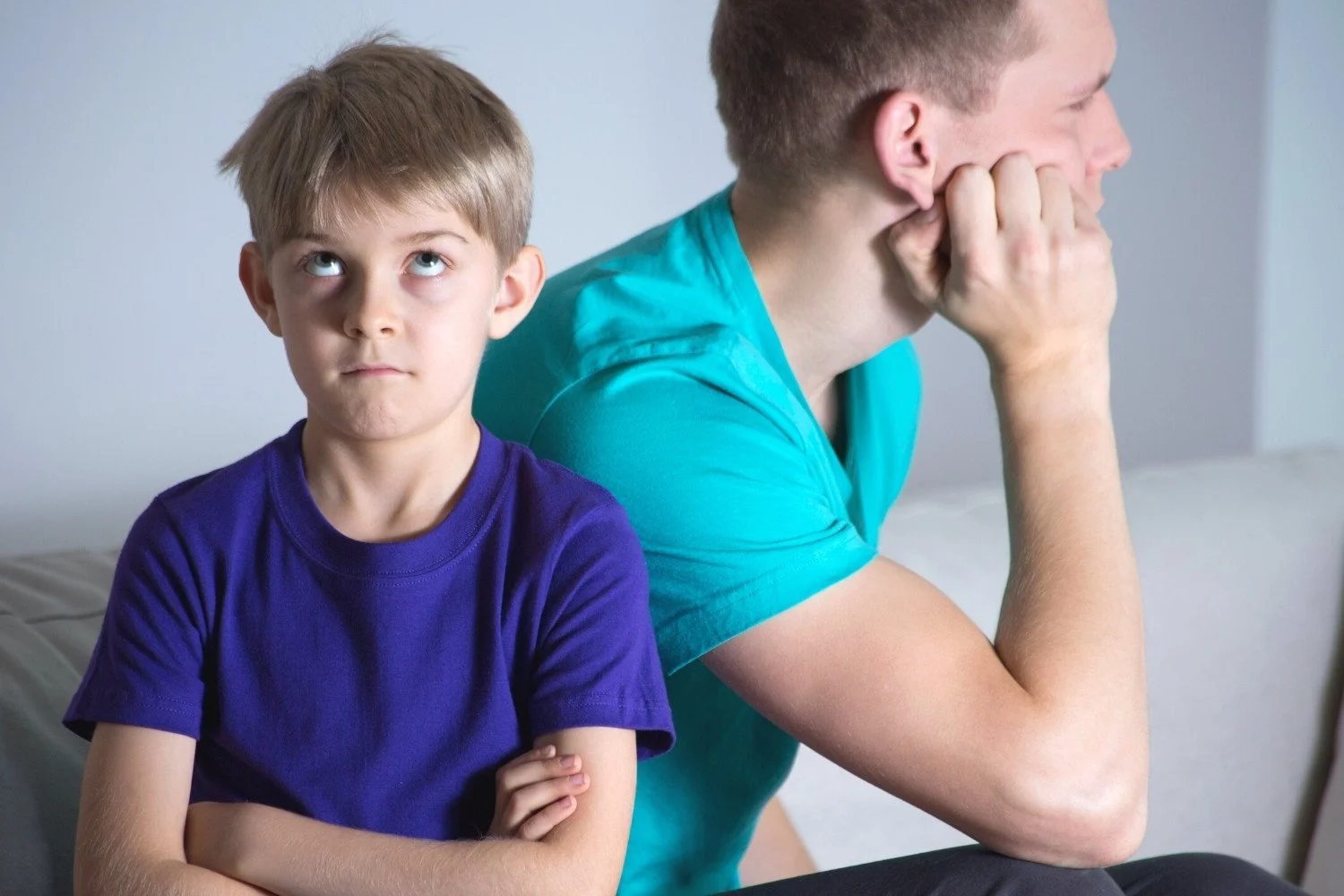Understanding emotional immaturity in adults – Why age does not equal maturity
“Why are so many adults today struggling with emotional immaturity?”
This is a question many people ask, and for good reason. As more and more individuals participate in therapy and grow in emotional maturity, they are observing the people around them with fresh eyes. Emotionally mature eyes. They’re noticing that some people, and a surprising number of adults, seem to really struggle with managing emotions.
To understand why, let’s explore what emotional immaturity is, how it is caused, and its impact on our psychological development.
What is emotional immaturity?
Emotional immaturity is an inability to understand, express, and manage emotions in an age-appropriate, responsible, and effective way. In The Adult Chair model, emotional immaturity is often living from your Adolescent Chair – the part of you that is reactive, scared, stuck in survival mode, and dependent on others for emotional security and validation. Underneath it all, believe it or not, the ultimate need is to maintain safety and belonging.
Emotional maturity is living from the Healthy Adult, meaning, you’re grounded, curious, emotionally self-aware, and compassionate toward yourself and others. You respond to situations as an emotionally well-developed individual, and this is shown in the way you handle feedback, express empathy, and take responsibility.
How is emotional immaturity caused?
Emotional immaturity is not a character flaw, but a natural part of childhood development.
In other words, emotional maturity is not instinctive, and children aren’t born with emotional self-regulation skills. Emotional maturity is a learned skill, and if, for whatever reason, someone doesn’t learn emotional management skills as a child, they will grow up to be an emotionally immature adult.
Early childhood experiences and relationships have a profound impact on our emotional functioning. If adverse circumstances such as trauma or neglect prevent or halt your emotional development, then your mind can literally become stuck in state of being called arrested development.
“Arrested development [is where] our emotional development got stuck. And these stuck points almost always connect to childhood experience where we developed these adaptive strategies that helped us navigate these difficult situations…. We absorbed models of behavior from our caregivers, and we started to form these core beliefs about ourselves, about others, [and] about the world.” – Tony Overbay
Why age does not equal maturity
Emotional maturity is not instinctive, but what is instinctive is a child’s need to survive and be accepted. A child’s deep desire for belonging and love is incredibly strong. If necessary, they will develop brilliant adaptive strategies to navigate and survive painful experiences while preserving the vital relational connection they depend on for survival.
The problem is those adaptive strategies do not develop and grow with time. They become automatic patterns – dysfunctional cycles of behavior that continue on into adulthood. This is why there are so many adults today struggling with emotional immaturity. From a psychological perspective, they are literally functioning as a child in the body of an adult.
The impact of emotional immaturity
Our level of emotional maturity determines how we navigate life. From your relationships to your sense of self, to the way you manage your professional career and view the world, every aspect of your life is influenced by the level of your emotional maturity.
I know… that’s a lot to process. Let’s take a step back and unpack this a bit more.
Because emotional immaturity in adults stems from relational patterns in childhood, childhood patterns can literally become the blueprint of our adulthood. While this is not an excuse to point the finger at those who influenced these patterns, it is an invitation to explore the past life of our childhood self – not to stare at the hurt and feel miserable, but to find, understand, and heal the hurt.
By exploring the origin of our emotional immaturity with curiosity and compassion, we can help our brains get unstuck and resume psychological development. To this end, the Adult Chair model is a powerful psychodynamic framework that helps hurting individuals step into the role of an emotionally mature, healthy adult.
Examples of emotional immaturity
Emotional immaturity may manifest in adulthood in many ways. For example…
The child who learned to be the family ‘fixer,’ became the adult who exhausts themselves taking care of everyone’s problems.
The child who learned to hide parts of themselves to fit in, became the adult who wears a mask in relationships, terrified of rejection.
The child who learned nothing less than perfect was acceptable, became the adult who’s paralyzed by the fear of making mistakes.
The child who learned to avoid conflict by managing people’s emotions (IE: people pleasing) became the adult who struggles to set boundaries.
The child who emotionally shut down their emotions out of fear of being punished or rejected became the partner who struggles to be emotionally vulnerable with their partner.
The child who craved yet rarely (or never) received reassurance becomes the adult who constantly pursues external validation from others to affirm self-worth
Self-reflection exercise
None of us have everything perfectly figured out. We’re all working through some degree of emotional immaturity. I invite you to tune inward, welcome compassionate curiosity, and consider how you might fill in the blanks below. What experiences from your childhood may have stunted your emotional maturity? And how might past wounds be showing up in your life today?
Because I was the child who _______, I became the adult who ________.
Remember: The goal here is not to point fingers, but to discover the brilliant survival strategies your child self used. What happened to you was not your fault, but as adults, it is our responsibility to become the type of adult our younger selves always needed and wanted.
Further reflection: What would it feel like for you to thank your Inner Child for surviving long enough for The Adult You to show up? What would it look like for you to relieve your younger self of the adult burdens they never should have had to carry?
Learn more: Exploring your emotional needs through the mind-body connection
“Growth is not about rejecting the patterns, but it’s about having a compassionate recognition of how they served us.” – Tony Overbay
Signs of emotional maturity vs emotional immaturity
Emotional Immaturity
Difficulty identifying and expressing emotions
Difficulty managing and regulating emotions
Highly co-dependent
Becomes offended easily
Responds defensively and aggressively to criticism
Difficulty understanding others’ perspective
Easily overwhelmed by stress
Adopts a victim mentality instead of growth mindset
Relies on unhealthy coping mechanisms
General lack of empathy
Prioritizing personal needs and feelings over others’
Poor impulse control
Difficulty taking responsibility or avoiding accountability
Strong tendency to be self-centered and/or blame others
Unreliable in their commitments
Emotional Maturity
Identifies and expresses emotions effectively
Manages and self-regulates emotions
Is not easily offended
Handles criticism with an open mind
Adopts a growth mindset
Is open to sensitive conversations
Considers different perspectives with curiosity
Communicates and upholds boundaries and values
Accepts responsibility
Welcomes accountability
Empathizes with others
Extends compassion readily
Practices self-control
Follows through on their commitments
Maintains healthy and secure relationship
Improving emotional maturity
How to release survival responses and heal toxic patterns of behavior:
We all have the innate capacity for growth, and with practice, each of us can become a more emotionally mature and healthy adult. When it comes to healing emotional immaturity, perfection is not the goal. Emotional maturity exists on a spectrum, and it’s completely normal to have moments of occasional immaturity. The goal of emotional maturity is simply to work toward compassionately replacing emotionally immature cycles of behavior with healthier emotional patterns.
Healing our emotional maturity begins when we identify how our former survival patterns have adapted into roadblocks in our adult lives and relationships. It continues when we learn, develop, and put into practice the emotional regulation tools needed to thrive in relationships and function well in life.
Becoming a more mature, healthy adult is hard to do, especially on our own. We need safe, secure, compassion-filled connections, and this is one of the reasons why therapy and/or coaching can be so healing. Inspired by a variety of therapy and coaching practices, the Adult Chair modality I use provides a holistic framework for my clients to nurture their wounded inner self, deepen their self-awareness, and grow in emotional maturity. Through this process, clients begin to discover and embody the healthy version of themselves—the grounded, authentic, healthy Adult within.
Let’s Connect
Hi there! I’m Jenny, a licensed Holistic Therapist (LISW-CP) and Certified Adult Chair® Master Coach.
I combine both therapy and coaching methodologies to provide my clients with a holistic perspective and the techniques they need to flourish. Rediscovering who you were always meant to be is an act of courage, and radical self-love can turn unconscious paralysis into conscious, authentic growth. Learn more about me here.





